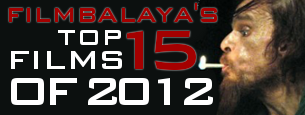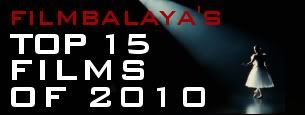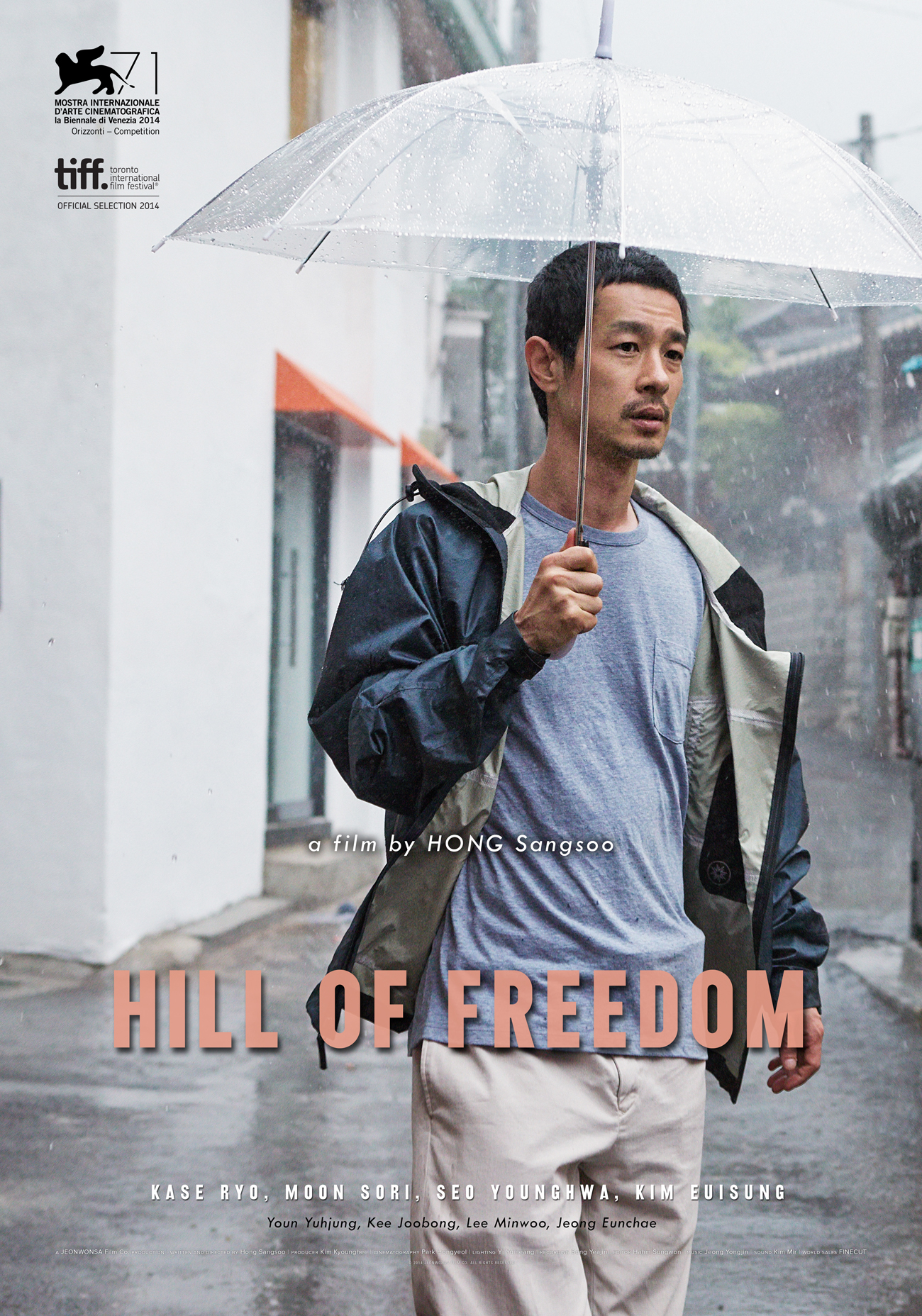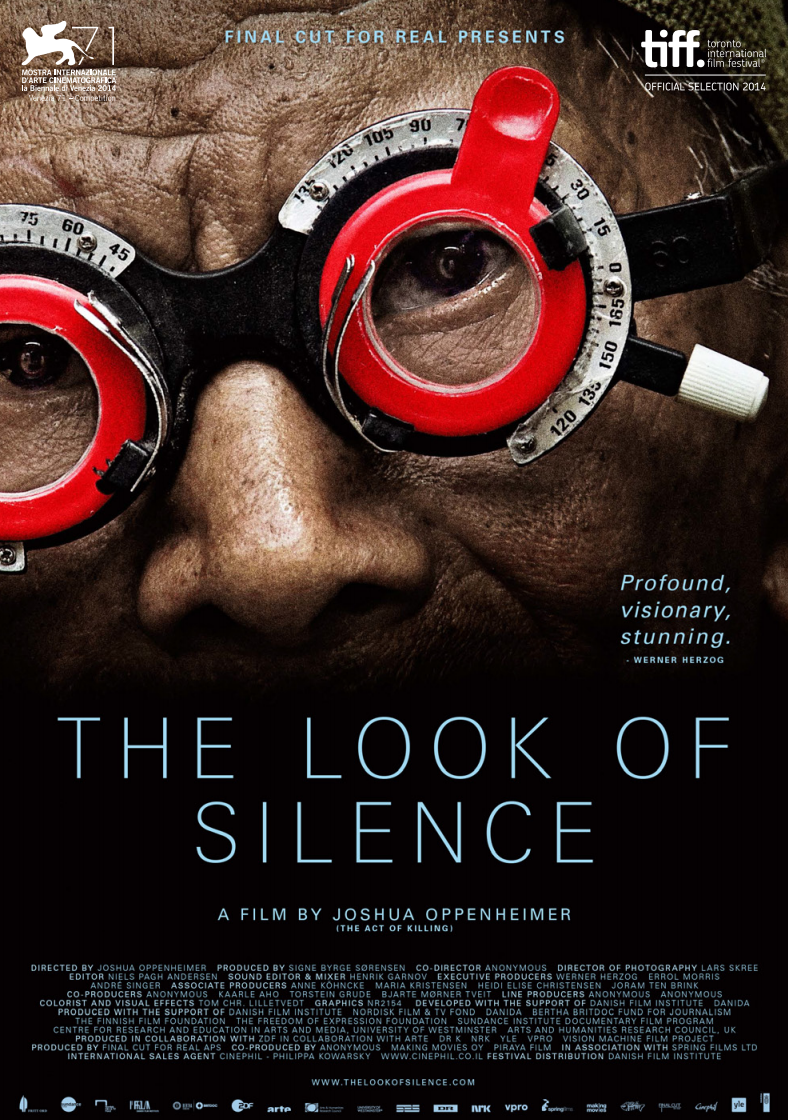Alex of Venice

 Chris Messina‘s directorial debut, and the Closing Night film at the San Francisco International Film Festival, is a very warm, honest portrayal of a… how do you say… late young adulthood-life crisis. It involves two young parents, one, played by Mary Elizabeth Winstead, a very busy and career-focused woman; her husband, played by Messina, who is growing tired of an adolescence lost, and her father and sister (Don Johnson and the writer of the film, Katie Nehra). It is a warm, often funny, but uncompromisingly honest film; often, for instance, when plot offerings appear which most filmmakers would seize and milk every bit of drama out of, this film will brush over them and move on to more truly important elements, though to be fair it can get a bit sentimental.
Chris Messina‘s directorial debut, and the Closing Night film at the San Francisco International Film Festival, is a very warm, honest portrayal of a… how do you say… late young adulthood-life crisis. It involves two young parents, one, played by Mary Elizabeth Winstead, a very busy and career-focused woman; her husband, played by Messina, who is growing tired of an adolescence lost, and her father and sister (Don Johnson and the writer of the film, Katie Nehra). It is a warm, often funny, but uncompromisingly honest film; often, for instance, when plot offerings appear which most filmmakers would seize and milk every bit of drama out of, this film will brush over them and move on to more truly important elements, though to be fair it can get a bit sentimental.
With fantastic acting, especially by Winstead, who seems to be able to express a full range of emotion and expression almost without moving, and Johnson’s aging thespian father, it is certainly worth a watch. As a post script, the inclusion of The Cherry Orchard as a contrapuntal underlying element was very poignant. Read More…
 Hi all!
Hi all!
 Gerhard Lamprecht‘s 1928 film is something of a marriage of German Expressionism and German Realism, and thus a fine reflex of the age.
Gerhard Lamprecht‘s 1928 film is something of a marriage of German Expressionism and German Realism, and thus a fine reflex of the age.  Paweł Pawlikovski is no stranger to challenging subjects, if his documentaries are any account (Serbian Epics is still remarkable). So the topic of the dark history of Poland in relation to the dark history of Europe’s relationship with the Jews is one that is best investigated by one like him.
Paweł Pawlikovski is no stranger to challenging subjects, if his documentaries are any account (Serbian Epics is still remarkable). So the topic of the dark history of Poland in relation to the dark history of Europe’s relationship with the Jews is one that is best investigated by one like him. Being the first Chinese silent film I have seen, I couldn’t resist the urge to check this one out. It was certainly an interesting film. Immensely tragic, it is a downward spiral of poverty multiplied by misfortune and capitalized by more poverty. At times it seems as though pieces of the film are missing which lead from one point to another, but after some reflection I was not certain if these pieces were another part of the wide use of the ellipsis that this film makes. If so, it shows a level of faith in the visual understanding of the Chinese audiences, at a time when the average American and German counterparts would very likely use strong-armed visual queues or verbose intertitles explaining what was happening. In this, on the other hand, suddenly the father is gone, then suddenly the mother is blind; later on they are suddenly on a boat with the wealthy child they group up with. And so forth. It makes sense, and there were only a few points in which I felt lost, but these were due to some jarring cuts which very likely were precious frames lost in its 80 plus year life. Also notable are some pretty fantastic moments of juxtaposition, such as when a young bourgeois couple has fun smearing each other with makeup, while below them the poor children are smearing each other with filth so they fit in more with the scavengers.
Being the first Chinese silent film I have seen, I couldn’t resist the urge to check this one out. It was certainly an interesting film. Immensely tragic, it is a downward spiral of poverty multiplied by misfortune and capitalized by more poverty. At times it seems as though pieces of the film are missing which lead from one point to another, but after some reflection I was not certain if these pieces were another part of the wide use of the ellipsis that this film makes. If so, it shows a level of faith in the visual understanding of the Chinese audiences, at a time when the average American and German counterparts would very likely use strong-armed visual queues or verbose intertitles explaining what was happening. In this, on the other hand, suddenly the father is gone, then suddenly the mother is blind; later on they are suddenly on a boat with the wealthy child they group up with. And so forth. It makes sense, and there were only a few points in which I felt lost, but these were due to some jarring cuts which very likely were precious frames lost in its 80 plus year life. Also notable are some pretty fantastic moments of juxtaposition, such as when a young bourgeois couple has fun smearing each other with makeup, while below them the poor children are smearing each other with filth so they fit in more with the scavengers.






















